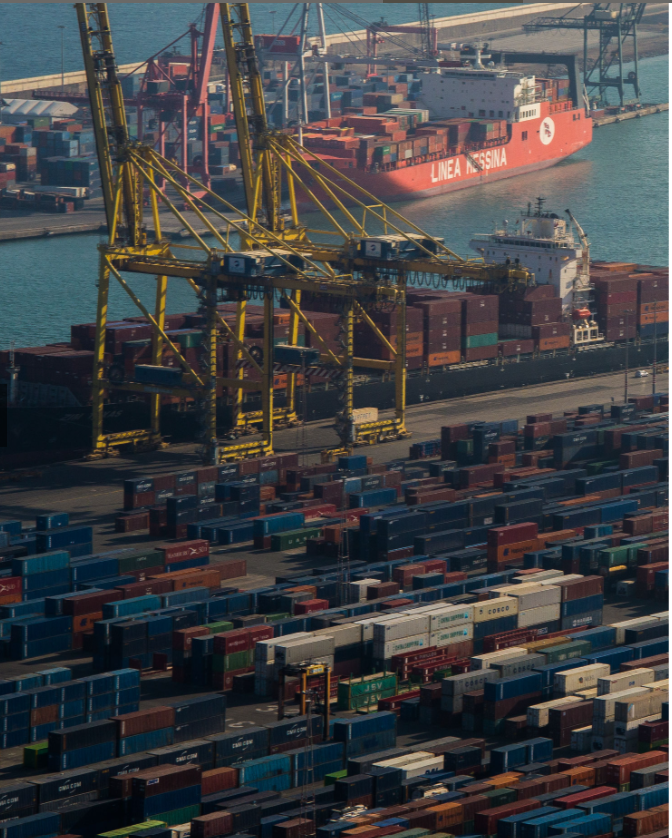With supply chains in turmoil around the world, the current crisis in logistics could spark the beginning of a larger reorganization of global commerce, according to GlobalData.
Recent news that global food prices have reached their highest point since the 1970s (in real terms) has given cause for concern to governments and corporations alike. However, the adjacent supply chain crisis, which is being touted as a reason for these price increases, is not so much a supply crisis as a logistics crisis.
The current high demand for goods as the world bounces back from COVID-19 is being met in terms of production but cannot be accommodated with the existing logistics infrastructure. While governments are attempting to alleviate inflation where they can, until the logistics crisis is solved, prices will be difficult to keep down as demand outstrips supply, company profits fall and the market becomes less competitive.
To illustrate the scale of the logistics problem, China is currently manufacturing record volumes of shipping containers in response to shipping companies struggling to keep up with global demand for basic goods. Three Chinese trade associations account for the production of up to 80% of the world’s containers and, according to the Financial Times, the country’s production has increased by two-thirds compared to 2020.
There are fears that this increased supply of containers will not be enough. The backlog is already vast, and shipping bottlenecks are forming that are reminiscent of the blockage of the Suez Canal by the Ever Given container ship earlier this year. Indeed, one of the worlds largest port operators, Maersk, warned in early September that the only way to ease the supply-chain crisis is for consumer demand to decline – effectively, for people to buy less.
These are not the words goods manufacturers want to hear, as many companies struggle to recoup their COVID-related losses.
What does this mean for the future?
UPS has warned that the supply chain crisis will “leave a permanent scar”. What the company is alluding to is the threat of lasting damage to the globalisation efforts of multinationals. If importing goods from overseas is no longer cost-effective – or logistically viable – then retailers will likely pivot to more local supply sources.

US Tariffs are shifting - will you react or anticipate?
Don’t let policy changes catch you off guard. Stay proactive with real-time data and expert analysis.
By GlobalDataMore recently, there appears to be a growing understanding that having a supply chain that stretches the globe can leave companies open to undue risk, a risk that could be avoided by sourcing locally.
Ultimately, if the current crisis continues, then a more thorough reorganising of global trade could be on the horizon; a reorganisation that sees multinationals embedded more at a local level, relying less on globalised logistics.
Another mega-trend that intersects with these issues is environmentalism. Companies are increasingly marketing their goods based on their carbon footprint and wider environmental impact. Localised supply chains will help companies to meet these targets while stepping away from the problems that currently plague global commerce.
Globally, 16% of consumers say that how ethical or environmentally friendly a product is ‘always’ influences their choice, a further 26% say it ‘often’ does, and 34% say it ‘somewhat’ does. With only 24% stating it ‘never’ or ‘rarely’ influences them, brands could solve two problems with one solution by moving supply chains closer to distribution.




